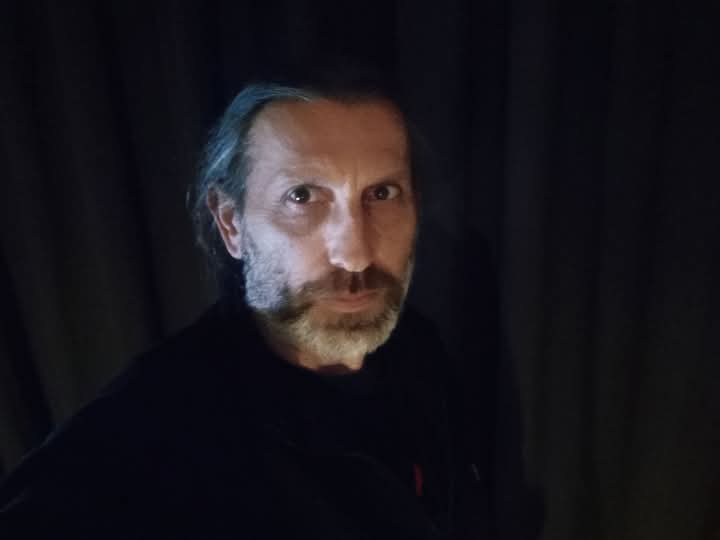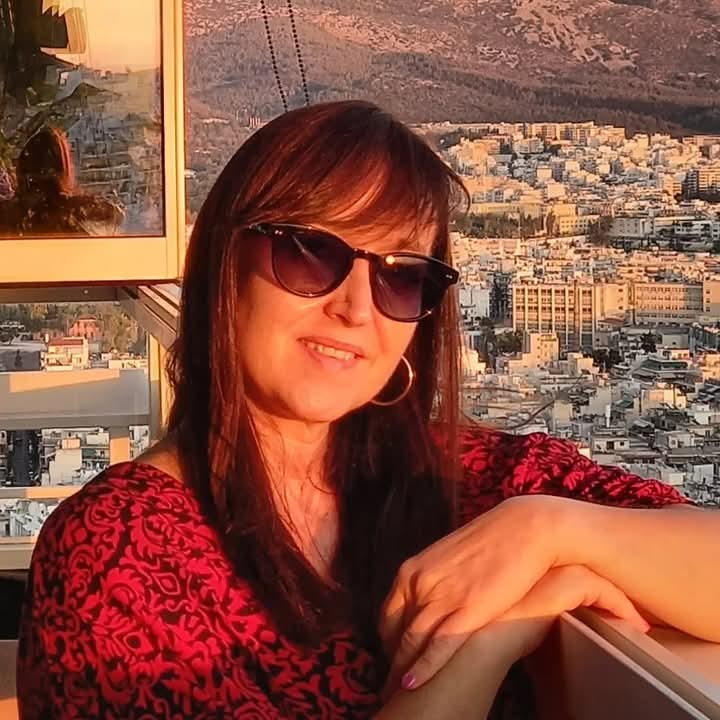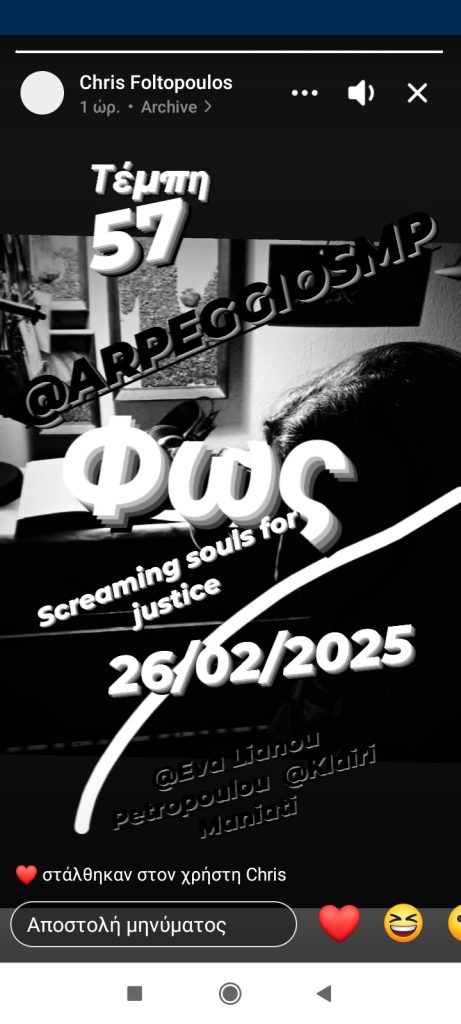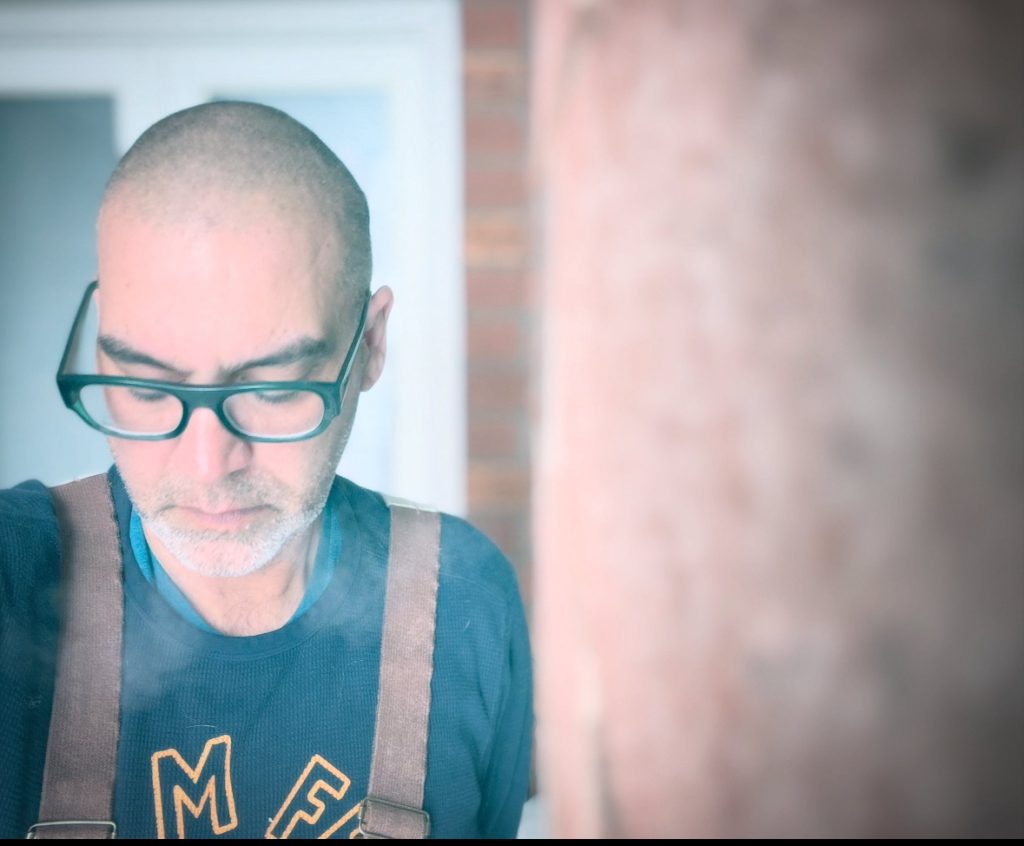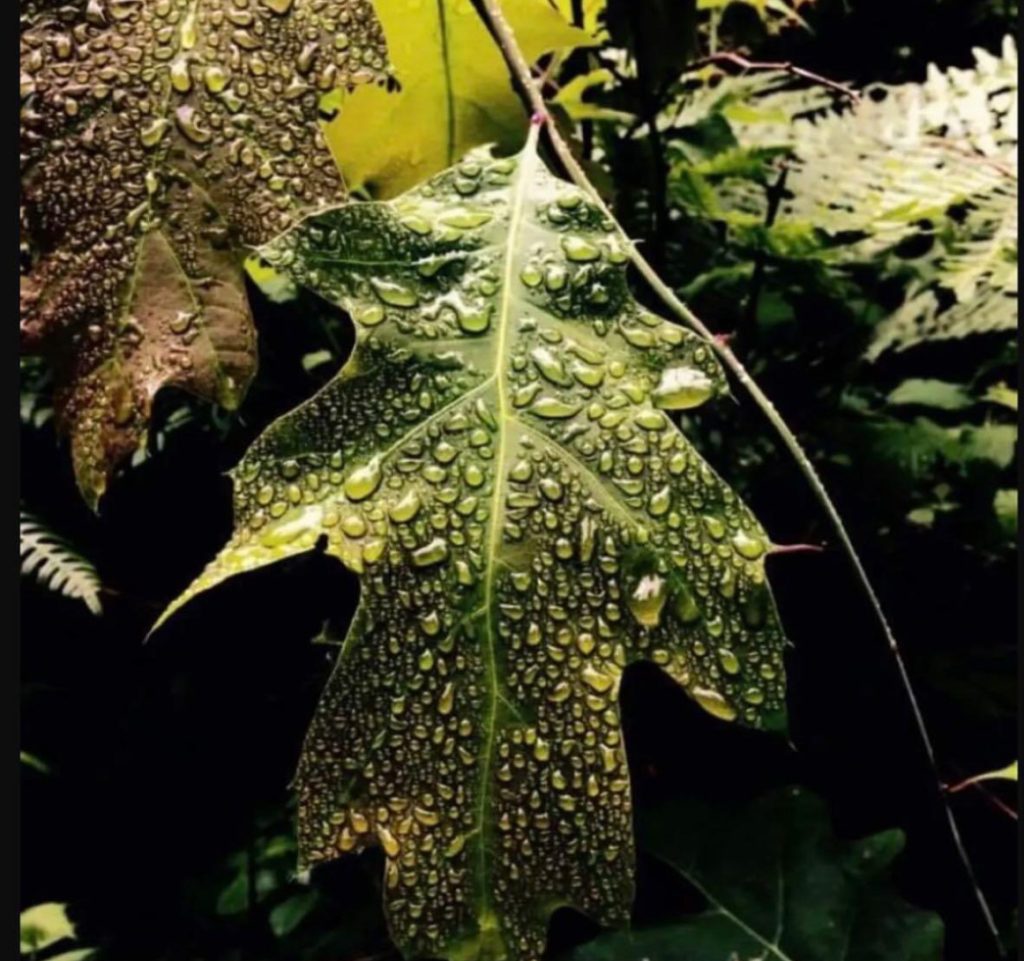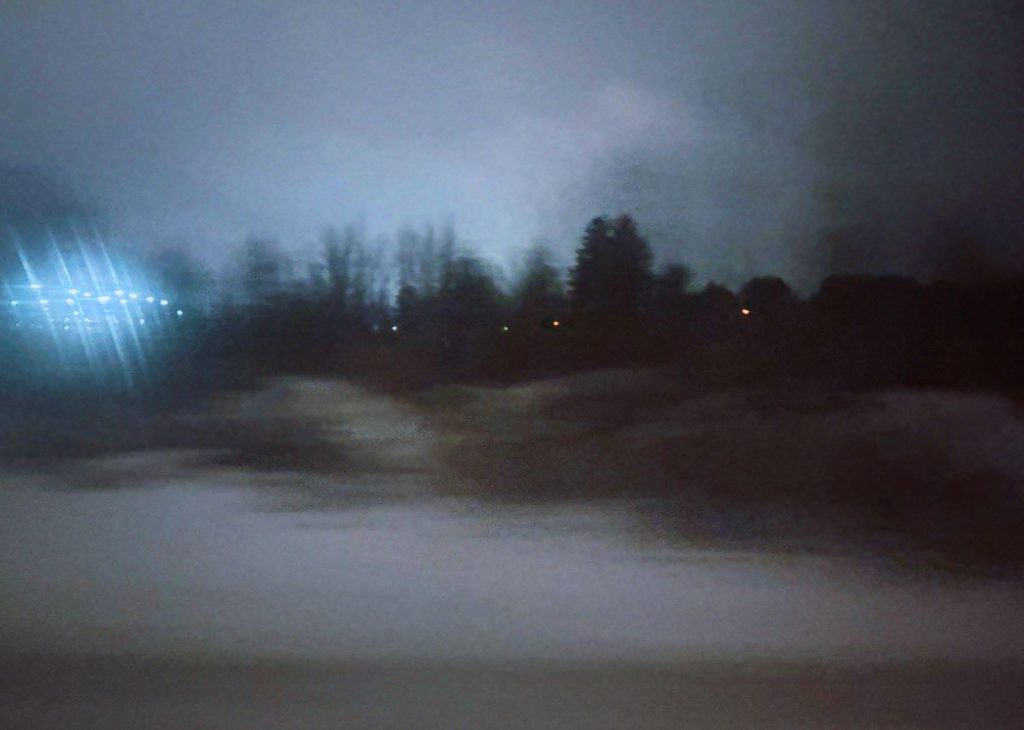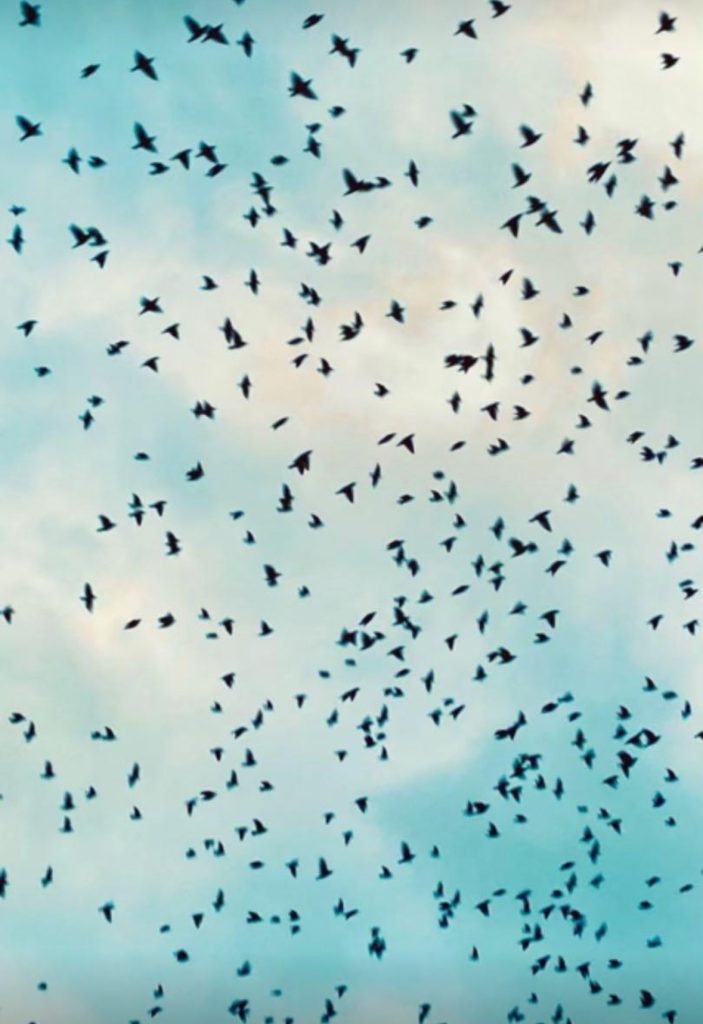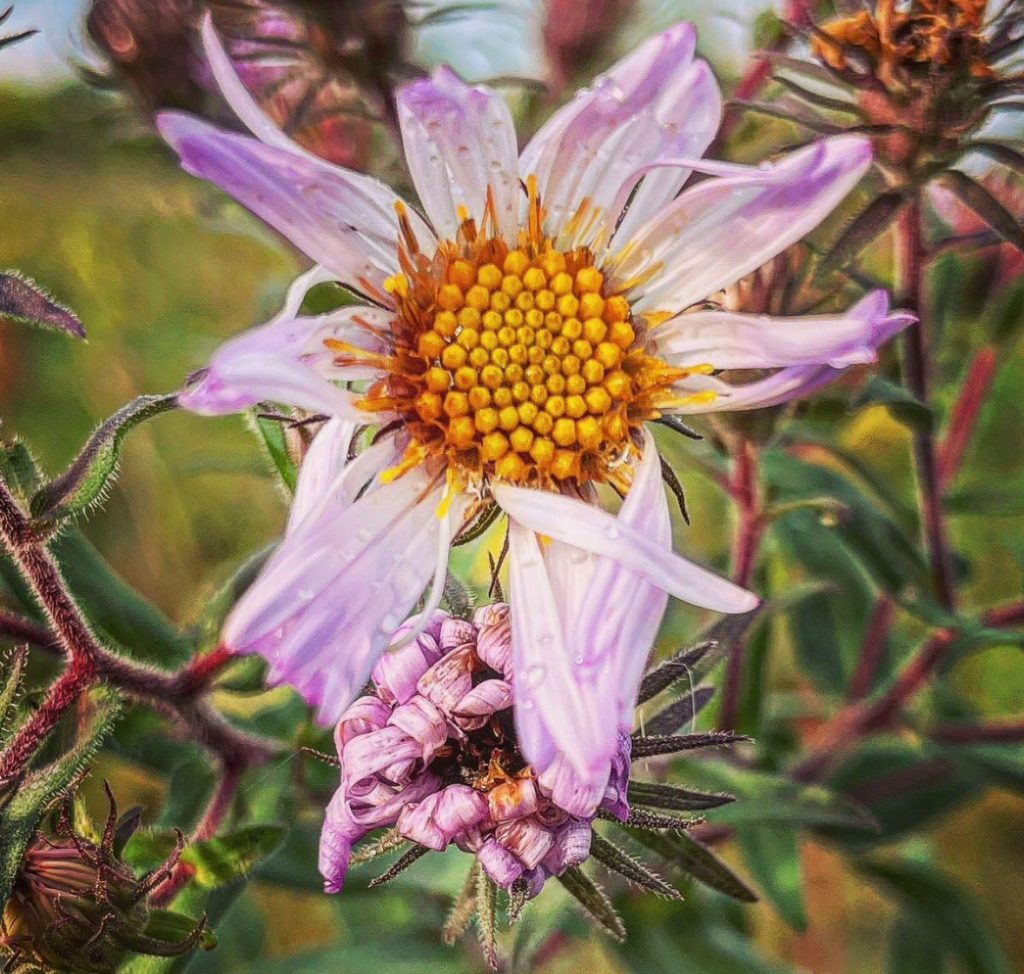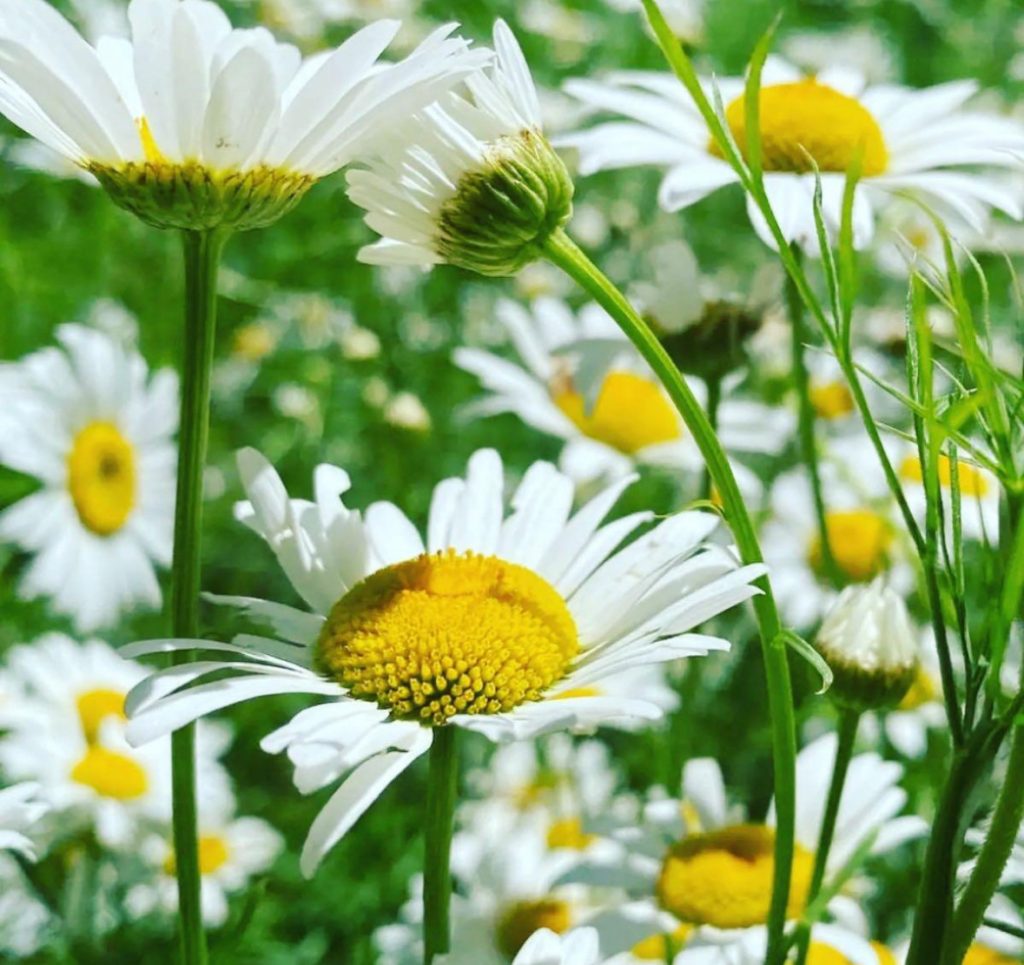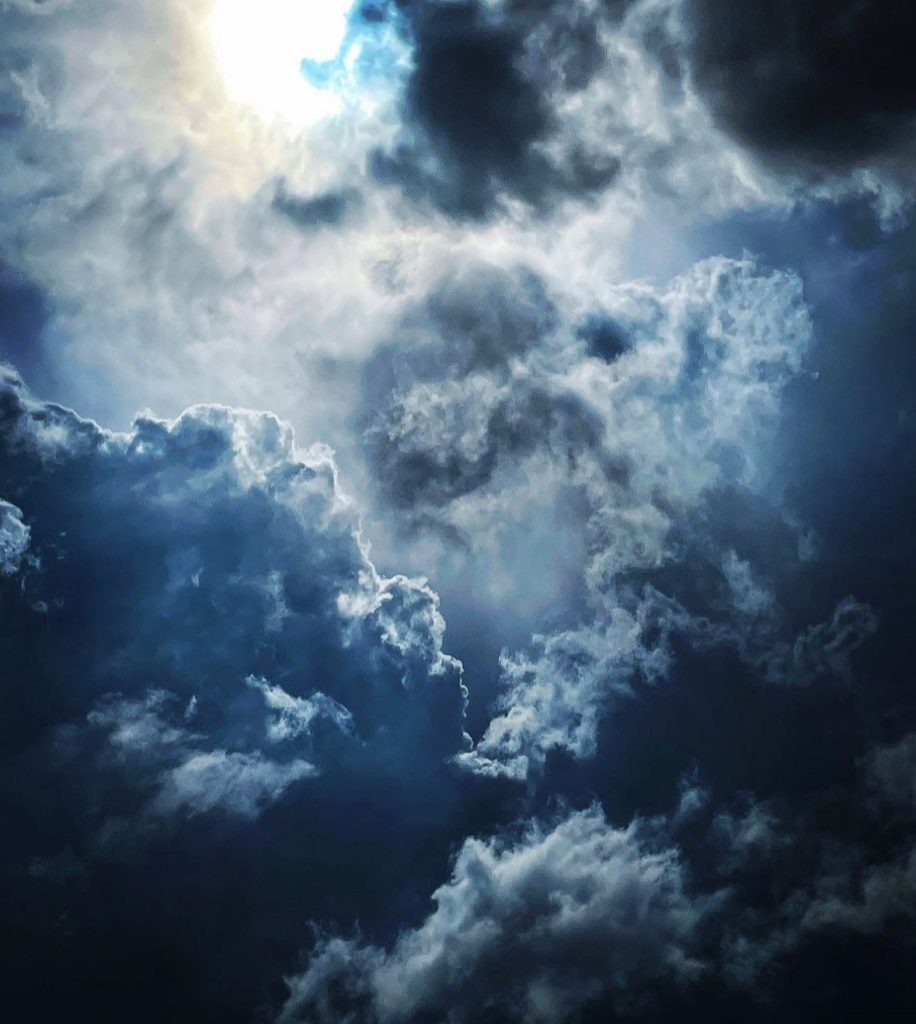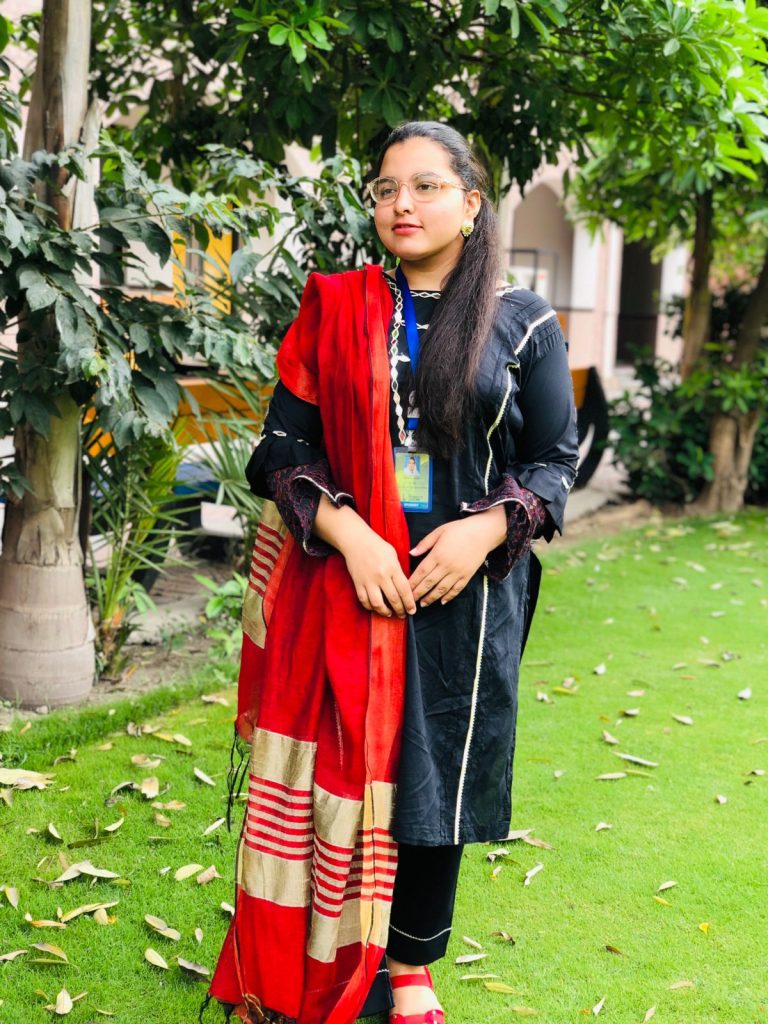Denis Emorine “Broken Identities” translated from the French
by Flavia Cosma.
Italian version:
Nóra was eager to know the results of the selection of the Nice conference. These should arrive soon. Sometimes she thought she had every chance. At other times, Nora was pessimistic. She had to wait.
She sent the text of her contribution «Dominic Valarcher, Broken Identity» to the writer too. She had scrupulously complied with the requirements requested. Some time later, Dominic replied. He congratulated her warmly. He found her analysis brilliant. Her French was perfect as usual.
Dominic suggested that she write some kind of a letter of recommendation to the jury, but Nóra thought it was not a good idea. She was probably right. This initiative risked annoying the said jury. The writer was convinced that her application would be accepted. Perhaps he was overconfident.
In the meantime, the manuscript of short stories was finished. He was happy with it and sent it to Jean-François Macor. He proposed to the publisher The Fairy of Pécs as a title. Macor quickly acknowledged receipt.
Carlotta Bonini was eager to read and translate the stories into Italian, the publisher assured.
The day ended peacefully in Garouze. Dominic took a short walk in the country. He wondered if the surrounding landscape would have inspired Camus. Was it inhabited by the gods? Probably.
He found Noces ( Nuptials) followed by L’Été ( Summer) in the small village bookshop. He bought the book in order to read it in the sun. Dominic felt the urge to start living again. Camus could help him do just that.
The writer felt good. The only thing missing was Laetitia. He would have liked her to be here, by his side, to be able to tell her in person how much he loved her.
The walk was short. He had found a bench well exposed to the sun. Children passed by, laughing. They seemed happy. It looked like this was the first morning in the world, Dominic thought. A passer-by waved at him. Everything was in place, according to the universal setting. The only thing missing was a painter who would have immortalized this «tableau» for him.
*
The light was dimming. He decided to go back in. On the way, he remembered an interview with Dr. Bronstein that had particularly marked him.
“Mr. Valarcher, you told me that Camille, your mother, didn`t like the German language?
“Hated would be more correct.” It was the language of death, as it was for Paul Celan. Without any irony, as a good Christian, she had forgiven Germany, but not the language of the executioners. »
Bronstein thought for a moment:
“I understand. I myself have preferred to express myself in French since the genocide of the Jews. It’s terrible to reject your so-called mother tongue in this way. You don’t speak German, I believe?
–No. I know the works of Franz Kafka and Todesfuge by Paul Celan in French translation. This poem haunted me for years. I saw in it the fate of my mother’s first husband, murdered at Auschwitz. I never managed to learn German by the way. I couldn’t. »
Bronstein looked at some pictures on the walls of his study. The psychiatrist had once told Dominic that he had found these pictures after the death of his father and of a part of his family in deportation. He had been tempted to destroy them. Aware that it would have been a sacrilege, he had not done so. Dominic couldn’t forget all those conversations with the therapist. The latter, in fact, had not cured him, but had helped him a lot. Samuel Bronstein had visited Auschwitz without his wife, who did not feel capable of confronting the “unspeakable”.
Laetitia and Dominic had not been able to get through the gate of the camp. Should this attempt have been repeated? When he asked Dr. Bronstein for his opinion, the doctor replied:
“Don’t feel guilty, Mr. Valarcher. You carry within you, the suffering of the young brunette woman with blue eyes. This terrible ordeal broke you when you were a child. We must not add to it. Forgive the triviality of this expression. When I went there, I felt like I could smell the smell of death, the stench that poisoned everything. I know, other pilgrims – I use this expression cautiously – have spoken about it… It is said that, on certain evenings, the wind from Poland carries death, its smell, to Germany, yes, death and with it the screams of the damned. I would like to believe that this is only a legend. »
*
Dominic had tears in his eyes as he remembered the psychiatrist’s confidences. He had always refused to tape their conversations.
“No doubt you want to use my words for one of your books, Mr. Valarcher? Well, you will call on your memory. Memory is labile. It will transform, lie, perhaps censor and that will be fine. Therein lies the literature as you understand it. As we understand it. »
Denis Emorine: “Identités Brisées” https://catalogue.5senseditions.ch/fr/fiction/521-identites-brisees.html
Traduction en italien :https://www.ladolfieditore.it/index.php/en/catalogue/rubino/denis-emorine-identita-spezzate-identites-brisees.html?tmpl=component&print=1
Nóra était impatiente de connaître les résultats de la sélection du colloque de Nice. Ceux-ci devraient arriver bientôt. Parfois, elle se disait qu’elle avait toutes ses chances. À d’autres moments, l’étudiante était pessimiste. Il fallait attendre.
Elle envoya le texte de sa contribution Dominique Valarcher, l’identité brisée à l’écrivain. Elle avait scrupuleusement respecté les exigences demandées. Quelque temps après, celui-ci répondit. Il la félicita chaleureusement. Il avait trouvé son analyse brillante. Son français était parfait comme d’habitude.
Dominique lui proposa d’écrire une sorte de lettre de recommandation au jury, mais Nóra pensa que ce n’était pas une bonne idée. Elle avait sans doute raison. Cette initiative risquait d’agacer ledit jury. L’écrivain était persuadé que sa candidature serait retenue. Peut-être était-il trop confiant.
Cette fois, le manuscrit de nouvelles était fini. Il en était content et l’envoya à Jean-François Macor. Il lui proposa La fée de Pécs comme titre. Macor accusa rapidement réception.
Carlotta Bonini était impatiente de le lire et de le traduire en italien, assura l’éditeur.
La journée s’acheva paisiblement à Garouze. Dominique fit une petite promenade dans la campagne. Il se demanda si le paysage aurait inspiré Camus. Est-ce qu’il était habité par les dieux ? Sans doute.
Il trouva Noces suivi de L’Été dans la petite librairie du village. Il l’acheta pour le lire au soleil. Dominique voulait revivre. Camus pouvait l’aider.
L’écrivain se sentait bien. Il manquait seulement Laetitia. Il aurait voulu qu’elle soit là, à ses côtés. Son mari lui aurait dit combien il l’aimait.
La promenade fut courte. Il avait trouvé un banc bien exposé. Des enfants passèrent en riant. Ils avaient l’air heureux. On aurait dit le premier matin du monde, pensa Dominique. Un promeneur lui fit un signe de la main. Tout était en place, dans ce décor. Manquait seulement le peintre qui l’aurait immortalisé.
*
La lumière baissait. Il décida de rentrer. Chemin faisant, il se remémora un entretien avec le docteur Bronstein qui l’avait particulièrement marqué.
« Monsieur Valarcher, vous m’avez dit que Camille, votre mère détestait la langue allemande ?
– Haïssait serait plus juste. C’était la langue de la mort comme pour Paul Celan. En bonne chrétienne sans aucune ironie, elle avait pardonné à l’Allemagne, mais pas à la langue des bourreaux. »
Bronstein réfléchit un instant :
« Je comprends. Moi-même, je préfère m’exprimer en français depuis le génocide des Juifs. C’est terrible de rejeter ainsi sa langue dite maternelle. Vous ne parlez pas allemand, je crois ?
– Non. Je connais les œuvres de Franz Kafka, Todesfuge de Paul Celan en traduction française. Ce poème m’a hanté durant des années. J’y voyais le destin du premier mari de ma mère, assassiné à Auschwitz. Je ne suis jamais arrivé à apprendre l’allemand d’ailleurs. Je ne pouvais pas. »
Bronstein regarda quelques tableaux aux murs de son cabinet. Le psychiatre avait dit un jour à Dominique qu’il les avait retrouvés après la mort de son père et d’une partie de sa famille en déportation. Il avait été tenté de les détruire. Conscient que ç’aurait été un sacrilège, il ne l’avait pas fait. Dominique n’arrivait pas à oublier toutes ces conversations avec le thérapeute. Celui-ci, effectivement, ne l’avait pas guéri, mais lui avait beaucoup apporté. Samuel Bronstein était allé à Auschwitz sans sa femme qui ne se sentait pas capable d’affronter « l’innommable ».
Laetitia et Dominique n’avaient pas pu franchir la porte du camp. Aurait-il fallu renouveler cette tentative ? Lorsqu’il avait sollicité l’avis du docteur Bronstein, celui-ci avait répondu :
« Ne vous culpabilisez pas, monsieur Valarcher. Vous portez en vous, la souffrance de la jeune femme brune aux yeux bleus. Cette terrible épreuve vous a brisé lorsque vous étiez enfant. Il ne faut pas en rajouter. Pardonnez la trivialité de cette expression. Lorsque je m’y suis rendu, j’avais l’impression de sentir l’odeur de la mort, cette puanteur qui empoisonnait tout. Je sais, d’autres pèlerins – j’emploie cette expression avec précaution – en ont parlé… On prétend que, certains soirs, le vent venu de Pologne charrie la mort, son odeur, jusqu’en Allemagne, la mort et avec elle les hurlements des damnés. J’aimerais croire qu’il s’agit seulement d’une légende. »
Dominique avait les larmes aux yeux en se souvenant des confidences du psychiatre. Celui-ci avait toujours refusé d’être enregistré.
« Sans doute souhaitez-vous utiliser mes propos pour un de vos livres, monsieur Valarcher ? Eh bien, vous ferez appel à votre mémoire. La mémoire est labile. Elle transformera, mentira, censurera peut-être et ce sera très bien ainsi. Là réside la littérature telle que vous l’entendez. Telle que nous l’entendons. »
Giuliano Ladolfi
Italian version:
Nora con impazienza attendeva i risultati della selezione della conferenza di Nizza. Sarebbero dovuti arrivare presto. A volte pensava di avere buone possibilità. Altre volte era pessimista. Occorreva aspettare.
Inviò allo scrittore il testo del suo contributo Dominique Valarcher, l’identité brisée. Aveva rispettato scrupolosamente le norme. Qualche tempo dopo lui le rispose. Si congratulò calorosamente con lei. Aveva trovato brillante la sua analisi. Il suo francese era perfetto, come al solito.
Dominique le suggerì di scrivere alla giuria una sorta di lettera di referenze, ma lei reputò che non fosse una buona idea: senza dubbio aveva ragione. Un’iniziativa del genere avrebbe potuto irritare i giurati. Lo scrittore era sicuro che la sua candidatura sarebbe stata accolta. Forse era troppo fiducioso.
Questa volta il manoscritto dei racconti era finito. Soddisfatto, lo inviò a Jean-François Macor. Suggerì come titolo La fata di Pécs. Macor rispose subito di averlo ricevuto. Carlotta Bonini era ansiosa di leggerlo e di tradurlo in italiano, gli assicurò l’editore.
La giornata si concluse tranquillamente a Garouze. Dominique fece una breve passeggiata in campagna. Si interrogò se il paesaggio avesse ispirato Camus. Era abitato dagli dèi? Senza dubbio.
Nella piccola libreria del villaggio trovò Noces e poi L’Été. Lo comprò per leggerlo all’aria aperta. Voleva vivere una nuova vita. Camus poteva aiutarlo.
Lo scrittore si sentiva bene. Mancava solo Laetitia. Avrebbe voluto che fosse lì, al suo fianco. Suo marito le avrebbe detto quanto l’amava.
La passeggiata fu breve. Aveva trovato una panchina ben esposta. Alcuni bambini passarono ridendo. Sembravano felici. Lo si sarebbe potuto definire il primo mattino del mondo, pensò Dominique. Un passante gli fece un cenno con la mano. Tutto era al proprio posto in quell’ambiente. Mancava solo il pittore che l’avrebbe immortalato.
*
La luce si stava affievolendo. Decise di rientrare. Durante il tragitto si ricordò di una conversazione con il dottor Bronstein che lo aveva particolarmente colpito.
«Signor Valarcher, mi ha detto che Camille, sua madre, detestava la lingua tedesca?».
«”Odiava” sarebbe più preciso. Era la lingua della morte, come per Paul Celan. Da buona cristiana senza ironia, aveva perdonato la Germania, ma non la lingua dei carnefici».
Bronstein rifletté per un attimo: «Capisco. Io stesso preferisco parlare in francese dopo il genocidio degli Ebrei. È terribile rifiutare la propria cosiddetta lingua madre. Lei non parla tedesco, suppongo?».
«No, non parlo tedesco. Conosco le opere di Franz Kafka, Todesfuge di Paul Celan in traduzione francese. Questa poesia mi ha perseguitato per anni. Vi ho visto il destino del primo marito di mia madre, ucciso ad Auschwitz. Tra l’altro, non sono mai riuscito a imparare il tedesco. Non ce la facevo».
Bronstein guardò alcuni dei quadri appesi alle pareti del suo ufficio. Una volta aveva raccontato a Dominique di averli trovati dopo che suo padre e parte della sua famiglia erano morti durante la deportazione. Era stato tentato di distruggerli. Consapevole che sarebbe stato un sacrilegio, non l’aveva fatto. Dominique non poteva dimenticare tutte quelle conversazioni con il terapeuta. Egli non lo aveva certo guarito, ma lo aveva aiutato molto. Samuel Bronstein era andato ad Auschwitz senza la moglie, che non si sentiva in grado di affrontare l’”indicibile”.
Laetitia e Dominique non erano riusciti a varcare il cancello del campo. Questo tentativo avrebbe dovuto essere ripetuto? Quando aveva chiesto consiglio al dottor Bronstein, questi aveva risposto: «Non si biasimi, signor Valarcher. Lei porta dentro di sé la sofferenza della giovane donna bruna dagli occhi azzurri. Questa terribile prova l’ha distrutto fin dall’infanzia. Non deve aggiungere altro. Perdoni la banalità dell’espressione. Quando sono andato lì, mi sembrava di sentire l’odore della morte, quel fetore che avvelenava tutto. Lo so, altri pellegrini – uso questa espressione con cautela – ne hanno parlato… Si dice che in certe sere il vento che spira dalla Polonia porti in Germania, l’odore della morte e con la morte le urla dei condannati. Vorrei credere che si trattasse solo di una leggenda».
Dominique aveva le lacrime agli occhi mentre ricordava le confidenze dello psichiatra, che aveva sempre rifiutato di essere registrato.
«Sicuramente vorrà usare le mie parole per uno dei suoi libri, signor Valarcher? Beh, dovrà usare la sua memoria. La memoria è labile. Si trasforma, mente, forse censura e va bene così. Qui sta la letteratura come la intendete voi e come la intendiamo noi».

